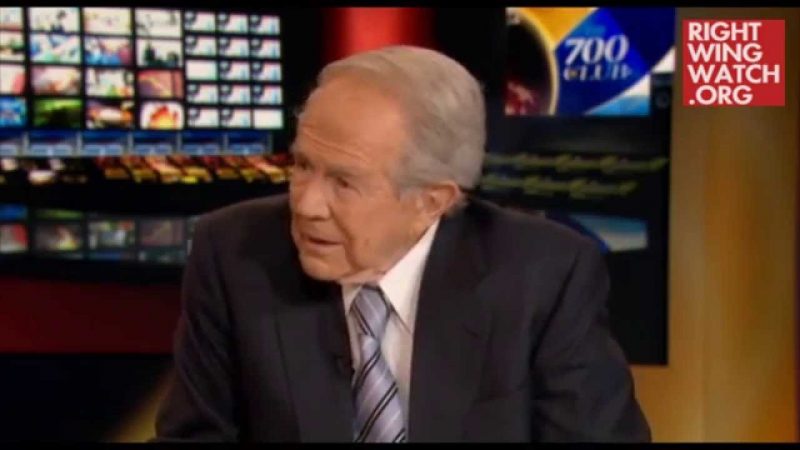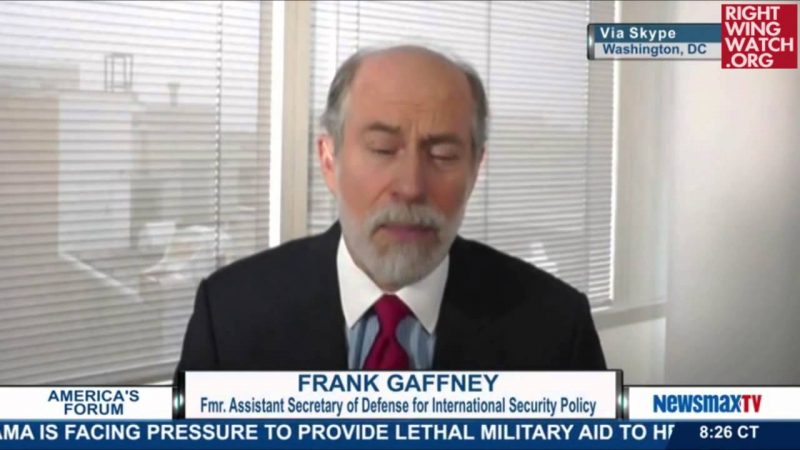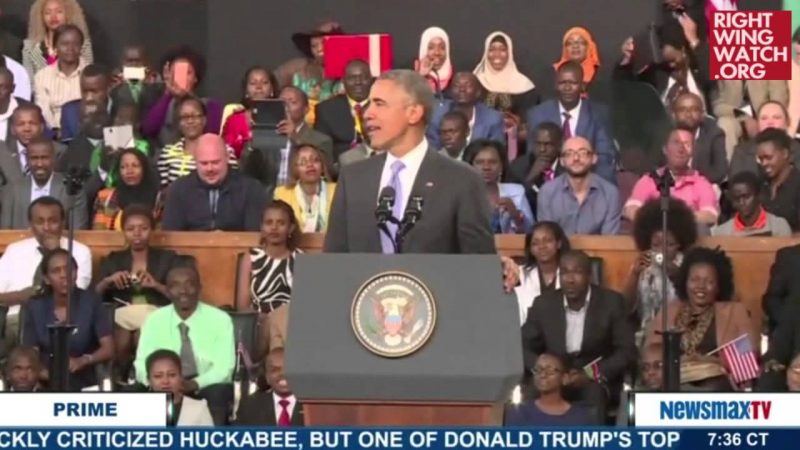Richard Land has been among the most vocal Religious Right opponents of the so-called “Ground Zero Mosque.” Apparently concerned that his opposition was blatantly hypocritical, Land eventually signed on to the Anti-Defamation League’s “Interfaith Coalition on Mosques” stating that while he opposed the location of the “Ground Zero Mosque” he believed it was important to “help preserve the First Amendment for all Americans” by ensuring that all people “have the right to the free exercise of our faith without the interference of the government.”
If Land’s stance of vociferously opposing the construction of a mosque near Ground Zero while supporting the construction of mosques places like California, Wisconsin, and Tennessee seemed rather confusing to you, you were not alone – it was apparently confusing to Southern Baptists as well, and their opposition to Land’s “promotion” of Islam has caused him to resign from the ADL’s coalition:
Richard Land announced January 21 he had listened to Southern Baptists and as a result was withdrawing his name from a diverse coalition established to monitor “mosque discrimination” in the U.S.
“While many Southern Baptists share my deep commitment to religious freedom and the right of Muslims to have places of worship, they also feel that a Southern Baptist denominational leader filing suit to allow individual mosques to be built is ‘a bridge too far,'” wrote Land, president of the Southern Baptist Convention’s Ethics & Religious Liberty Commission, in a letter to the Anti-Defamation League, which established the coalition
…
Admitting he was surprised at some of the reaction from fellow Southern Baptists, he explained most of the negative responses at a minimum affirmed “everyone’s right to worship,” but drew the line at “denominational leaders filing suit in court to protect those rights when Muslims are the aggrieved party.”
Land said his involvement with the interfaith coalition was perceived by many as “crossing the line from defense of religious freedom to advocacy of, or promotion of, Islam itself.”








